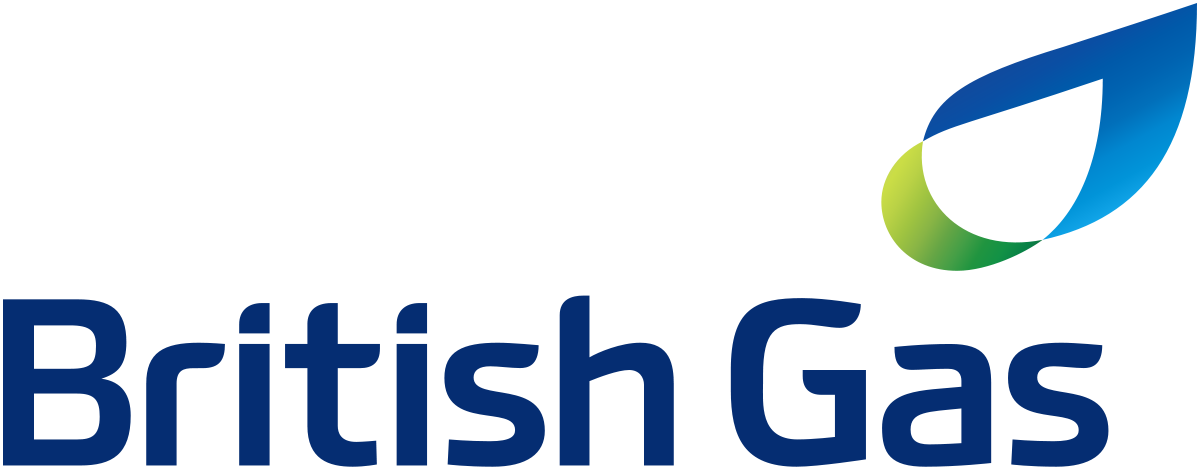British Gas operates a high-profile fleet of over 11,000 vans, which cover nearly 111 million miles each year, and consume over 16.9 million litres of fuel.
Following the launch of its Young Driver Academy (YDA) in 2014, British Gas has seen a remarkable fall in collision rates, a drop in fuel use and saved millions on repair costs – while improving the safety of its employees and other road users.
Challenge
Drivers aged under 25 hold fewer than one in 14 licences, but are involved in 20 per cent of fatal and serious injury crashes in the UK. Road accidents remain the biggest killer of young people worldwide.
British Gas launched its Young Driver Academy (YDA) after analysis identified under 25s as the single biggest risk group. Young drivers are more likely to be inexperienced at driving vans or motorway driving. In 2013, 45 per cent of the company’s young drivers were involved in a collision.
In addition to improving safety, other motivations included protecting the reputation of British Gas and reducing its environmental impact through improved fuel efficiency.
Process
Young Driver Academy
The YDA is a mandatory 12-month apprenticeship programme produced by Fleetmaster and is the largest scheme of its kind, with 1,400 participants. Previously only drivers involved in an incident or with penalty points received training.
The YDA programme comprises nine units, delivered during six ‘on the job’ half day visits. Units include efficient route planning, manoeuvring the van in restricted spaces, fuel efficiency, and correct loading. Targets are set at the end of every visit on specific areas of driving, and monitored at the next one.
Fuel efficiency, or ecodriving training, is a key part of the YDA and goes hand-in-hand with safety due to its strong focus on encouraging greater anticipation and reading the road.
The ecodriving element of the training follows the format developed and approved by Energy Saving Trust, and is subsidised by Energy Saving Trust, through funding from the Department of Transport.
The MPG performance of the young driver is measured twice, before and after receiving the ecodriving training, as part of a two-hour drive where at least 20 miles are identical. This demonstrates the difference that adopting fuel-efficient techniques can make for each individual driver. The young driver’s MPG is also measured during each of the five YDA visits.
Supporting the on-the-road training is an in-van telematics system, which monitors harsh manoeuvres (including speed, acceleration, braking and cornering) and generates safety scores, allowing learning priorities to be continually picked up and feedback given.
Smartphone apps also enable drivers to monitor their own safety scores and undertake weekly walk-around vehicle checks.
Once all nine units have been completed, a portfolio of work is submitted for external evaluation and drivers achieve a Level 2 Driving Goods Vehicles Apprenticeship (Van Driver Pathway).
Overall, drivers develop better road and hazard awareness, practical driving skills and better understand the importance of fuel efficiency and safety checks. There is an emphasis on developing a positive, confident attitude.
Supporting initiatives
British Gas’ Driver Risk Management System records detailed information on each driver and uses this to indicate drivers requiring tailored support. For example, a high-mileage driver or one who has recently switched van type may participate in an interactive workshop or on-the-road training course, delivered by FleetMaster.
As part of British Gas’ commitment for 10 per cent of their vans to be electric by 2020, new electric vehicle (EV) drivers also receive a three-hour induction. British Gas was among the first in the UK to fit speed limiters (to 70mph) to all their vans. This improved fuel efficiency and reduced the severity and cost of high-speed crashes.
Since 2015, autonomous emergency braking, telematics and city braking have been incorporated into British Gas vans.
In the future, blind spot protection and lane assist will also be introduced.
Results
Since introducing the telematics systems and Young Driver Academy in 2014, British Gas has seen a:
- 14 per cent reduction in fuel consumption and reduced vehicle wear-and-tear
- sharp fall in young drivers involved in at-fault incidents, from 45 per cent in 2013 to 4 per cent
- 30 per cent reduction overall in collision rates, despite fleet growth
- 18 per cent lower commercial vehicle incident rate than the national average
- 56 per cent reduction in avoidable claims from under 25 drivers, equating to a 79 per cent cost saving
- 19 per cent fall in unavoidable claims, equating to an 83 per cent cost saving
While more minor vehicle damage and faults are now being reported by drivers across the company, the severity of incidents has declined, delivering huge financial savings in own damage and third party costs. As drivers are more cautious, any collisions tend to be low speed, low impact.
Feedback from YDA participants has been overwhelmingly positive. The savings, safety and environmental benefits are only set to grow as more young drivers participate in the training and establish safe, efficient driving habits for life.
